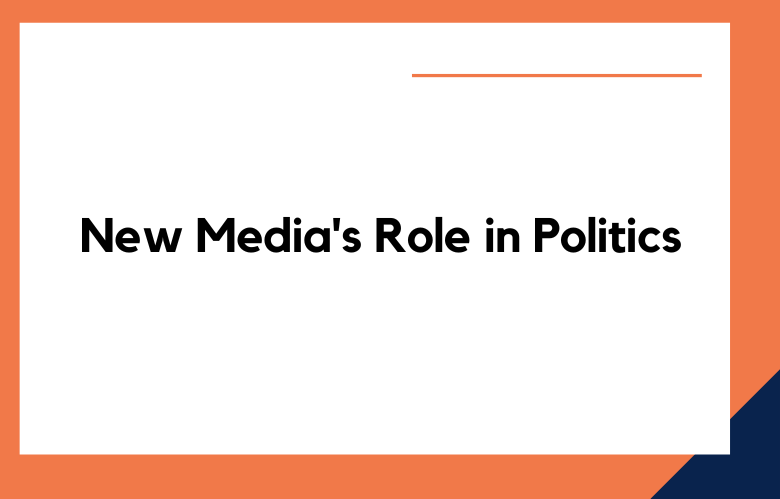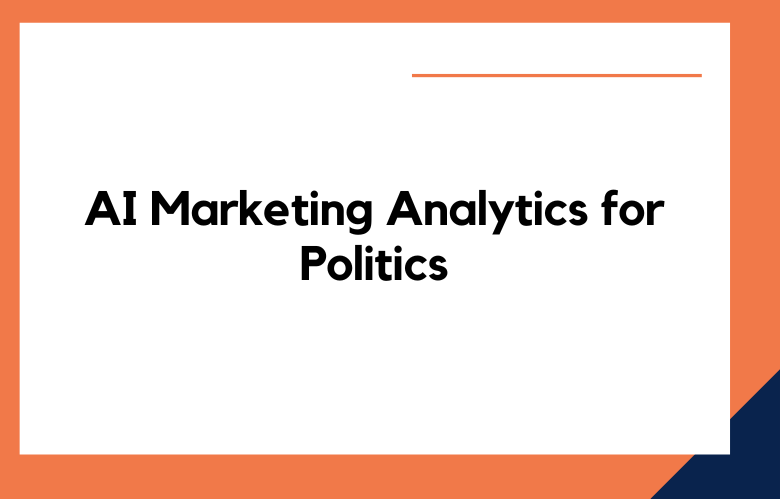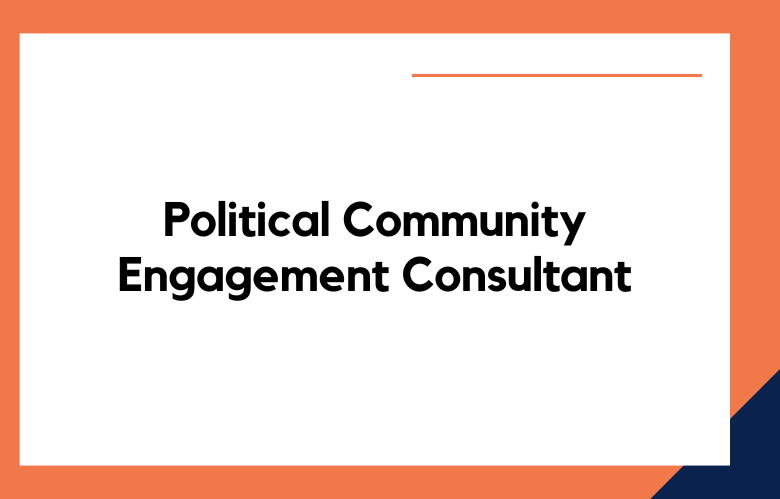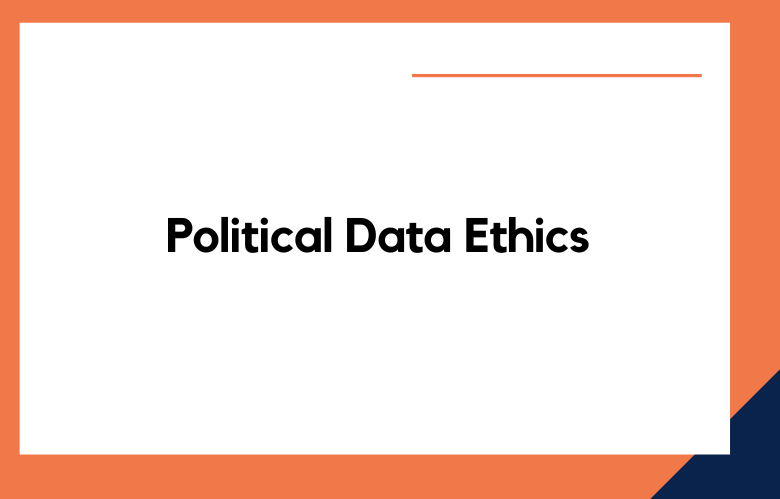In today’s world, it’s impossible to ignore the impact that social media and other forms of new media have on our daily lives. From keeping up with friends and family to finding our news and entertainment, digital platforms have revolutionized how we consume and share information.
While these changes may seem minor from a purely personal perspective, the rise of new media has had far-reaching effects on everything from business to political campaigns. We’ll look closer at new media’s role in politics, from influencing voter behavior to changing how campaigns are run.
Social Media as a Game Changer
In the past decade, social media has emerged as a significant player in the political landscape. Platforms like Twitter and Facebook have given politicians and political organizations the ability to connect with voters like never before.
Candidates can now share their views, respond to feedback, and mobilize supporters in real time. Social media has increased the amount of data available to campaigns, allowing them to design increasingly targeted messages and run more efficiently.
Citizen Journalism
Another critical aspect of new media’s role in politics is the rise of citizen journalism. With the advent of smartphones and social media apps, anyone can be a journalist, recording and reporting on political events as they happen. This expanded pool of grassroots reporters has made it more difficult for politicians to control the narrative and has brought increased transparency to the political process.
The Impact on Voter Turnout
Historically, voter turnout in the US has been disappointingly low. However, new media may be helping to address this problem. In 2016, a study by the Pew Research Center found that social media users were more likely to vote than those who did not use these platforms. Social media makes finding where and when to vote more accessible and provides information on candidates and issues.
The Changing Face of Campaign Advertising
New media is rapidly changing how campaigns are run and advertised. Traditional TV ads have been a staple of political campaigns since the 1950s, but today’s voters are increasingly tuning out or skipping these ads. Instead, campaigns focus on digital advertising, which offers greater flexibility, the ability to run targeted messages, and more excellent tracking and analytics.
The Power of the Tweet: How Social Media is Shaping Political Discourse
Social media platforms have become a powerful tool for political discourse, shaping the political landscape in previously impossible ways. Twitter, in particular, has emerged as a potent forum for political communication, allowing ordinary citizens to engage with politicians and political commentators in real-time.
The power of the tweet lies in its speed and reach. With just a few keystrokes, politicians can communicate directly with their constituents, bypassing traditional media channels. This has led to a more immediate and responsive political discourse, where politicians can gauge public opinion and react quickly to changing circumstances.
From Likes to Votes: The Influence of New Media in Political Campaigns
In recent years, the role of social media in political campaigns has only continued to grow. More and more candidates are turning to platforms like Facebook, Twitter, and Instagram to connect with voters, spread their message, and rally support. With the sheer volume of people now engaging with social media daily, the potential for a political candidate to reach a broad audience has never been more significant.
One of the most significant ways social media has impacted political campaigns is voter engagement. By creating posts, tweets, and other content that invites discussion and debate, candidates can start conversations with potential voters and encourage them to participate in the political process. This can be particularly effective with younger voters, who may be more likely to rely on social media for news and information.
Breaking News: How Digital Journalism is Changing Political Communication
In recent years, digital journalism has become a powerful force in shaping political communication. With the rise of social media and the increasing popularity of online news outlets, politicians and their advisors are finding it increasingly difficult to control the narrative of their campaigns.
Instead, they are forced to engage with a broader range of voices and viewpoints than ever before, creating new challenges and opportunities for those seeking to influence public opinion.
One of the critical ways digital journalism is changing political communication is by increasing the speed and reach of information. With web-based news sources and social media platforms like Twitter, breaking news can spread rapidly and reach millions of people within minutes.
This has created new opportunities for political candidates and their teams to reach voters and shape public opinion. Still, it has also made it more difficult for them to control the narrative.
The Digital Campaign Trail: How Presidential Candidates Utilize New Media
In recent years, the use of digital media has become increasingly important for political campaigns, especially in the presidential race. The growing presence of social media platforms and the accessibility of mobile devices has allowed candidates to reach a broad audience quickly and efficiently. Consequently, candidates have had to adapt their tactics to incorporate these new media outlets and develop new strategies to engage potential voters online.
One of the most common ways presidential candidates use digital media is through social media platforms such as Twitter, Facebook, and Instagram. Through these platforms, candidates can interact with their audience, respond to their questions and concerns, and express their opinions. These networks provide a platform to share and promote campaign messages, events, and fundraisers.
Hashtag Activism: Exploring the Impact of Social Media on Political Movements
Hashtag activism, also known as slacktivism, is a form of political activism that utilizes social media to spread awareness, organize protests, and rally support for various causes. It involves using hashtags representing a particular movement or campaign, which users can share across multiple social media platforms.
Research has found that hashtag activism has significantly impacted political movements, particularly in raising awareness and initiating conversations about various social and political issues. It allows individuals who may not have the time or resources to attend physical protests to engage in activism from the comfort of their own homes.
Media Literacy in the Age of Misinformation: Navigating New Media in Politics
In today’s digital age, media literacy has become an essential tool in navigating the vast and complex world of politics. Misinformation and fake news have increased, especially during election cycles, and have had severe consequences. The spread of false information has influenced public opinion and even sway election results.
The importance of media literacy cannot be overstated. It is necessary to equip citizens with the skills and knowledge required to evaluate the information they encounter online critically. It is essential to differentiate between credible sources and those promoting biased or false information.
The Rise of the Political Influencer: How Social Media is Shaping Public Opinion
Social media has become an increasingly powerful tool for shaping public opinion, with political influencers playing a vital role in this process. These individuals have emerged as a force to be reckoned with, leveraging their large followings and strategic social media tactics to influence the beliefs and actions of others.
One key factor driving the rise of political influencers is the growing importance of social media in our daily lives. According to recent data, more than 3 billion people worldwide now use social media regularly, with platforms like Facebook, Twitter, and Instagram becoming critical sources of news and information.
Conclusion:
New media has changed how we interact with the world, and politics is no exception. Social media, citizen journalism, and other digital tools have given voters a more remarkable ability to learn about candidates and issues and a more excellent voice in the political process.
At the same time, new media has forced campaigns to adapt to changing media consumption habits and rethink how they run and advertise their efforts. As we move forward, it’s clear that the continued rise of new media will profoundly impact the political landscape, and we can only guess where the following innovations and disruptions will lead us.
Call: +91 9848321284
Email: [email protected]











